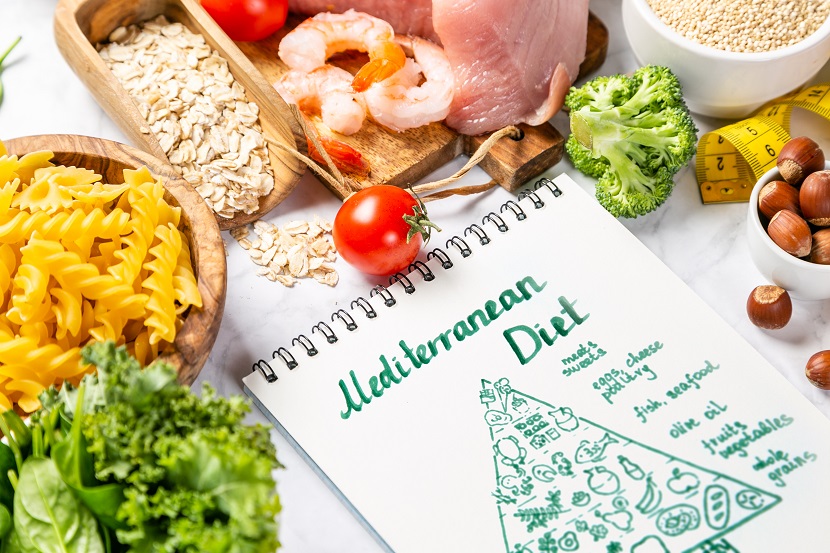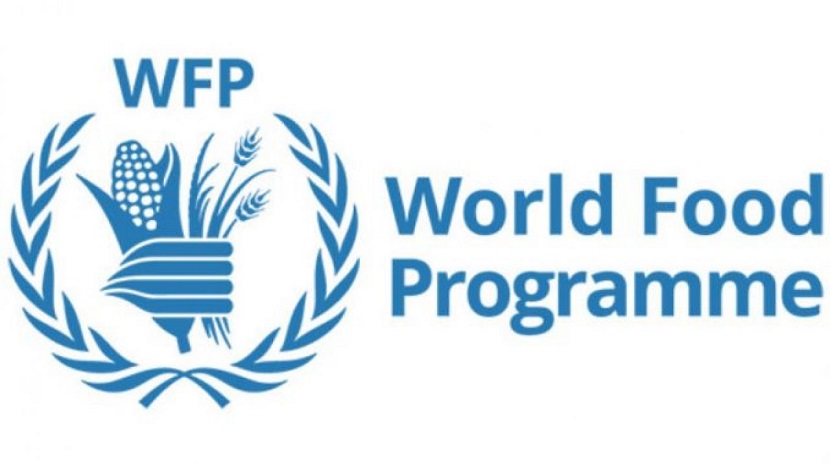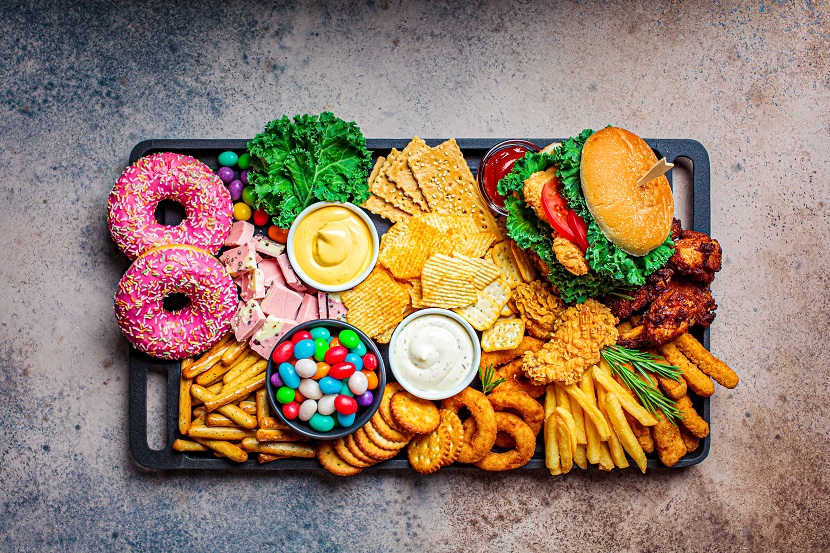Subscribed by the Member States, the Sustainable Development Agenda sets 17 Universal Goals to be achieved by 2030 to combat hunger and poverty, combat climate change and promote social and economic development.
With our commitment to customers and suppliers, we contribute to achieving 2 of the 17 aims set.

Follow our blog and keep up to date on our initiatives, news from the world of food and lots of other news.

A study conducted on a sample of 47,000 Swedish women, aged between 29 and 49, seems to confirm the already known positive effects of the Mediterranean diet both on neurodegenerative pathologies, like Alzheimer’s or Parkinson’s disease, and on the cognitive decline due to aging. The study is based on the association between the adoption of…

For the World Food Day 2020, celebrated every year on October 16th to commemorate the founding of the FAO (United Nations Food and Agriculture Organization), an international group of researchers (China, Israel, USA, and Canada) presented a report based on the data of the Global Burden of Disease Study of 2017, the report on the…

The Norwegian Nobel Committee awarded the 2020 Nobel Peace Prize to the WFP (World Food Programme), headquartered in Rome, “for its efforts to combat hunger and for acting as a driving force to prevent the use of hunger as a weapon of war”. Established in 1961 and UN official programme since 1965, the WFP is…

There is a strong relation between cell aging and the consumption of ultra-processed foods. This is what emerges from a study published on the American Journal of Clinical Nutrition, conducted by a team of Spanish researchers of the Universities of Navarra, Pamplona and Madrid, whose results were presented at the European and International Congress on…
“Certified B Corporation” is a trademark licensed by B Lab, a private non-profit organization, to companies like ours that have successfully completed the B Impact Assessment (“BIA”) and therefore meet the requirements set by B Lab for social and environmental performance, accountability, and transparency. It is specified that B Lab is not a conformity assessment body as defined by Regulation (EU) No 765/2008, nor is it a national, European, or international standardization body as per Regulation (EU) No 1025/2012. The criteria of the BIA are distinct and independent from the harmonized standards resulting from ISO norms or other standardization bodies, and they are not ratified by national or European public institutions.